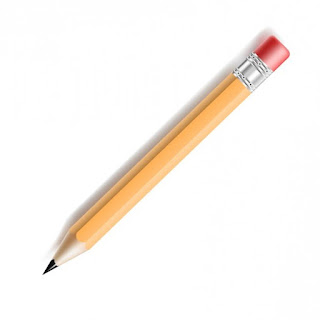by Michael Smith (Veshengro)
The question as to how “green” it is as far as manufacture and such is concerned is one thing but as far as reliability goes it trumps all. But I should think that it is a great deal greener, in manufacture as well as in disposal, as is the ballpoint pen, especially the one that is encased in plastic and which, more often than not, is tossed out after it has run out of ink.
The pencil also writes under low gravity or zero gravity conditions, upside down, etc. and that is while the USA spent millions upon millions developing a pen for their spaceflights (enter the Fisher Space Pen) the USSR took what was about, the (indelible) pencil, just as they did during the war.
The pencil writes well also in sub-zero temperatures without any problems and all it needs is a (pen)knife with which to sharpen it. It is, for that reason, also the ideal choice as a writing instrument in a survival kit. Unlike an ink pen, whether fountain or ballpoint, it will not dry up either during long storage, which is a great advantage if one has a large stock or keeps one in a survival kit where it may not be looked at, so to speak, and used in anger for a very long time.
While the fountain pen and the more common ballpoint pen, whether the disposable or not, write, generally, well enough under normal conditions when it comes to cold weather and others then they let you down. Also, regardless of whether the ballpoint pen is a disposable there is always the aspect of waste, be this as the entire pen or just the refill. The pencil, on the other hand, writer in almost all conditions and the only waste there is are the shaving (biodegradable) and the stub that may no longer be usable. It also rots down in the compost nicely, leaving just the graphite, which is no problem either.
I love the fountain pen but, alas, today's paper (no, not the media) is of such a standard that the ink from any such kind of pen bleeds through and thus is not suitable. That leaves only then the ballpoint pen or the pencil then. The former has some issues, especially when it comes to certain conditions and to the fact that the ink may – and more often than not does – dry up when “in storage” or not used and even when it has been used but has not for some time. This is not a problem with the latter, that is to say the pencil. It works in most, if not even all, conditions, and also on surfaces where the pen might not, upside down, on a wall, in zero gravity; none of that a problem for the pencil.
© 2019





























